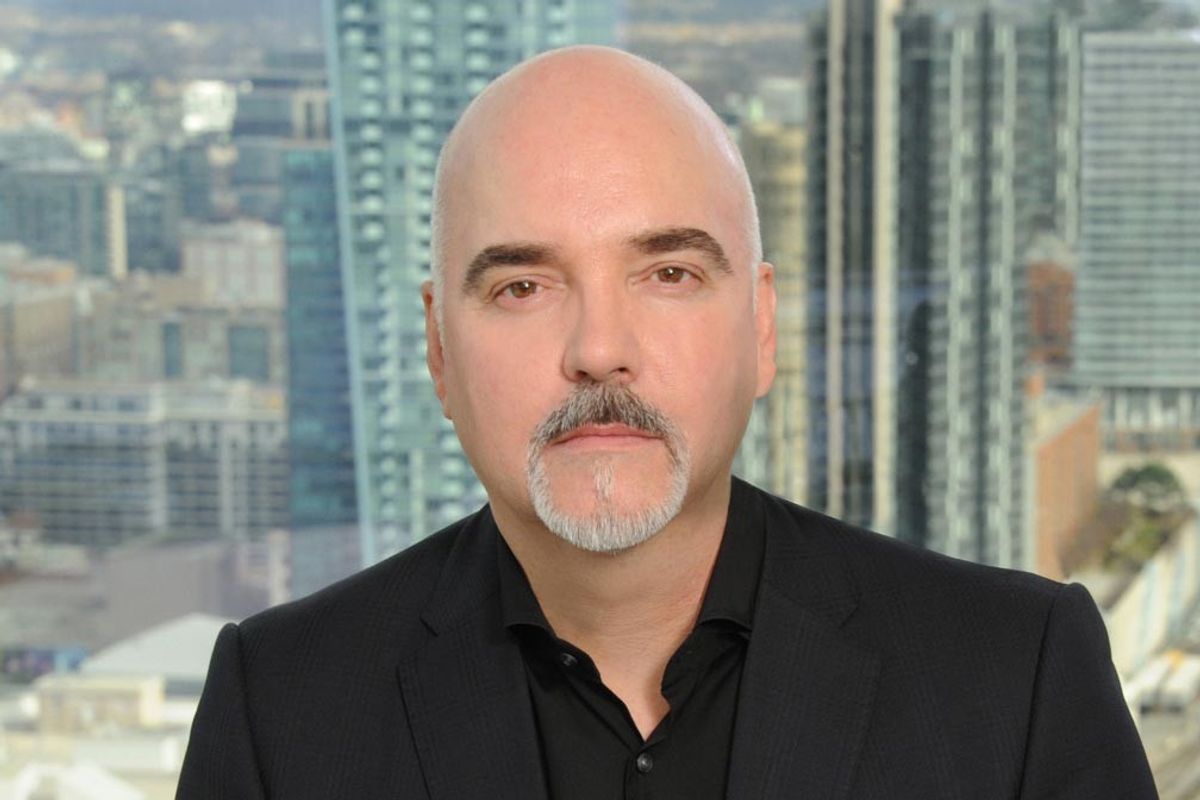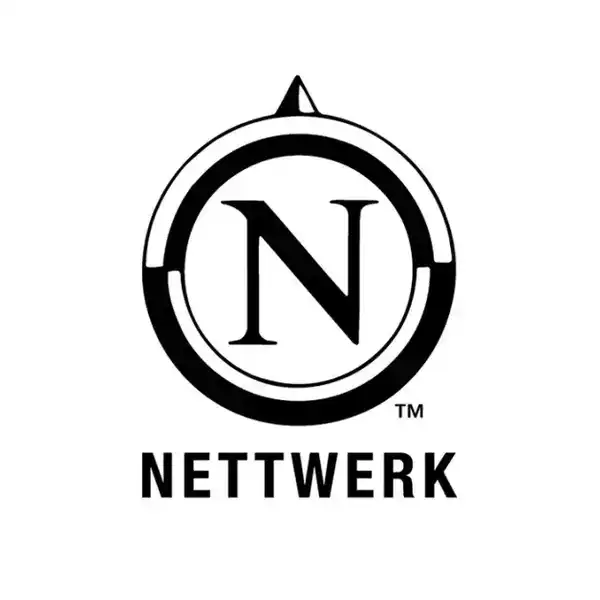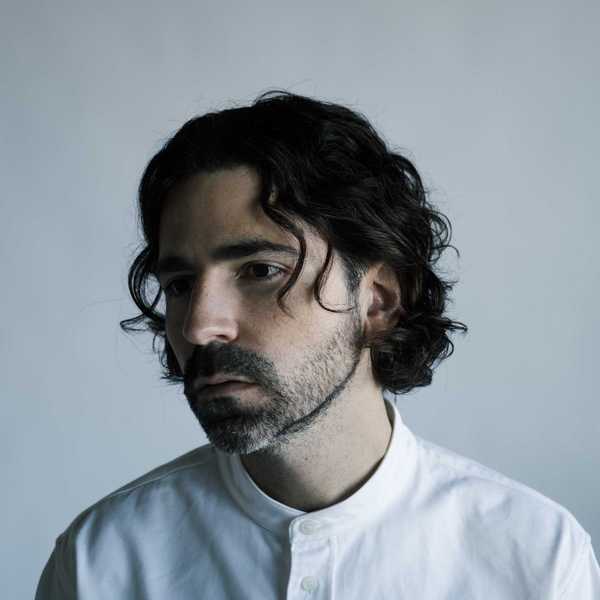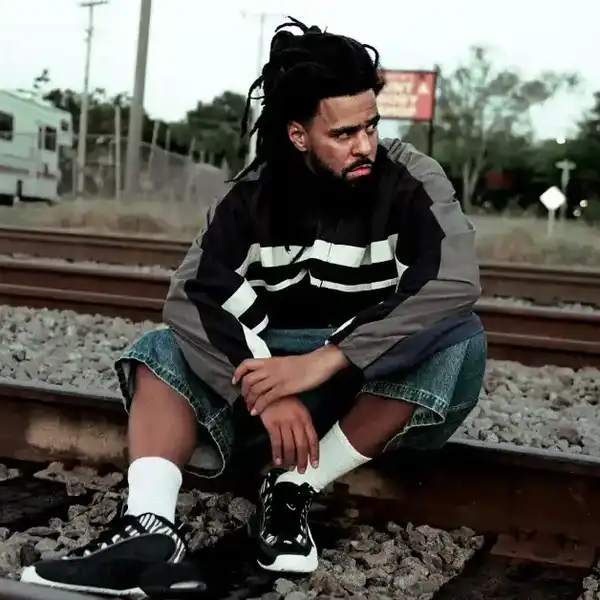Billboard Canada FYI Bulletin: Major Music Executives Celebrate Canadian Music Publisher Robert Ott at Exclusive Birthday Bash
The founder of ole, which morphed into Anthem Entertainment, and now 97 South Song Sessions, threw a big party at his B.C. luxury resort.

Robert Ott
Last week, a few good friends flew in from across Canada and parts of the U.S. to celebrate Robert Ott’s 60th birthday at his new luxury resort, Desert Star Estate, that sits just outside the town of Penticton, B.C. The former catalogue high-flyer and CEO of “majorly indie” ole (later rebranded as Anthem Entertainment) sold his stake in the company to the Ontario Teachers’ Pension Plan in 2018 and moved his family from Ontario to B.C. where he founded the 97 South Song Sessions festival and then developed and financed the resort in B.C. wine valley.
Among those attending the birthday bash were executive Chris Taylor, country music manager Ron Kitchener (RGK Entertainment Group), author Martin Melhuish, songwriter Gilles Godard, director/screenwriter Neill Blomkamp and Jennifer Essiembre (Vice President of Publishing at 300 Entertainment). Giving the festivities some musical panache were impromptu performances by longstanding friend and former client Dave Rave (Teenage Head) and The Road Hammers’ Clayton Bellamy.
During his time with ole, Ott had offices in most of the music capitals of the world and a war chest of $1B. Curiously, it was and is one of the most successful Canadian music companies in the world, alongside Michael Cohl’s Concert Productions International that would later become part of the foundation of Live Nation.
Unable to attend the birthday bash but hoping to visit Ott’s luxury resort later this summer is well-known music publisher Frank Davies who worked with him for 14 years.
We asked him to underscore the importance of this company.
“Robert Ott changed the face and landscape of music publishing in Canada," he tells Billboard Canada. "'Majorly Indie' (ole's moniker) described Robert's vision and outlook perfectly. Play and compete with the 'big boys' knowing that he could run faster, turnaround quicker, while not missing the low-hanging fruit that was below the 'majors' radar.
“Before Robert formed ole, a couple of us Canadian music publishers had previously delved into the catalogue acquisition area, alongside the the more traditional Canadian approach to developing each copyright and songwriter from the ground up, one by one, but we were only able to acquire copyright catalogues on a dollar level that satisfied very conservative financial backers if there were any, who preferred no-risk investments and instant, quick returns over calculated-risk acquisitions that had a long-term upside.
“Canadian banks and venture capitalists previously and traditionally had no real understanding of the ROI curve that can be built and developed around the longevity and reliability of proven copyrights when acquiring existing song catalogues with predictable earnings histories.
“Robert and his original partner Tim Laing did — and they managed to demonstrate, to a serious investor like the Ontario Teachers' Pension Plan, that the only way to build a successful music publishing company in Canada in the 2000s was to acquire existing copyright catalogues with a decent dependable financial history and grow those properties alongside selectively signing unproven and therefore more risky new talent.
“I was happy to be a consultant to Robert and ole for 14 years from shortly after he founded the company and I watched him build ole into a prominent international player and place it among the world's most successful music 'indies,' all while embodying a tough negotiating demeanour and a no-nonsense approach to what he was doing but with a real understanding of the business itself, while also maintaining a down-to-earth love and reverence for the music he was acquiring and building.”
















